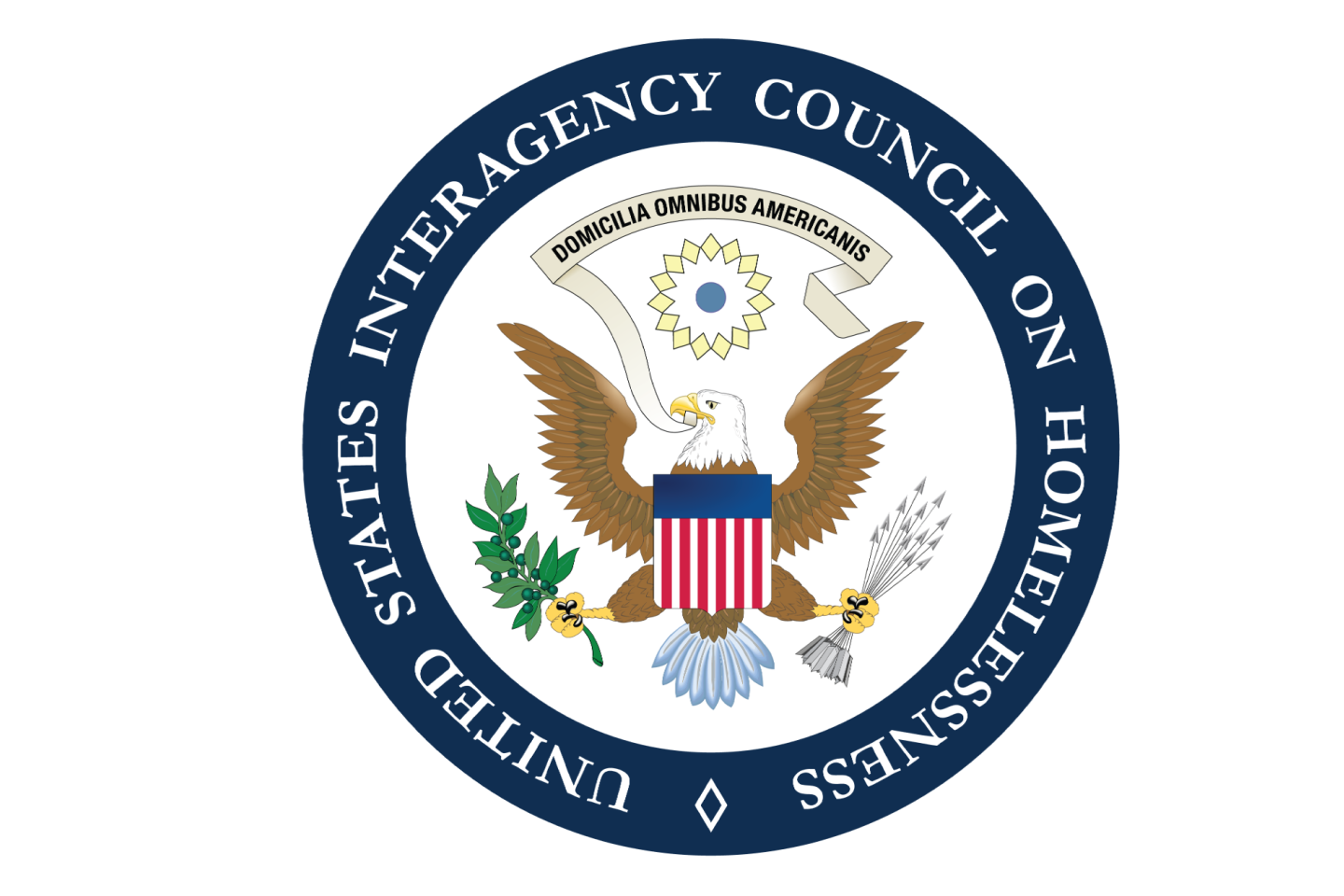USICH Recommits to Preventing and Ending LGBTQI+ Homelessness
Pride Month gives us a chance to celebrate the remarkable contributions LGBTQI+ people have made and continue to make to this nation. It is also an important opportunity for USICH to restate our commitment to ensuring protections for the LGBTQI+ community, which suffers from high rates of homelessness.
Discrimination against people who identify as LGBTQI+ is well-documented, and the result has been exclusion and limited access to health care, housing, jobs, education, and safety. LGBTQI+ youth—especially youth of color—are particularly vulnerable to harmful actions by governments, systems, and individuals.
Many LGBTQI+ renters continue to face outright discrimination when they apply for homes. Only half of LGBTQI+ people live in states that protect residents from housing discrimination based on sexual orientation and gender identity. The rest must fend for themselves.
Another result of such discrimination is economic instability. Almost half of LGBTQI+ adults (45%) find it somewhat or very difficult to pay for basic needs like food, housing, and health care , compared to 34% of non-LGBTQI+ adults. It follows that LGBTQI+ people are three times more likely to experience homelessness , and transgender people—who are eight times more likely to live without a home—are at the most significant risk. The numbers are even worse for people who identify as Black and LGBTQI+.
Discrimination and disparities do not stop after people lose their homes. While federal regulations ensure equal access to federal housing programs without regard to a person's actual or perceived sexual orientation, gender identity, or marital status, nonetheless, many people seeking shelter are turned away from shelters solely based on their sexual orientation or gender identity.
In response to this tremendous need, as part of the Biden-Harris administration's new actions to protect LGBTQI+ communities, the Department of Housing and Urban Development announced the launch of a new LGBTQI+ youth homelessness initiative, which will partner with local communities, service providers, and directly-affected young people to address barriers to housing and shelter access for LGBTQI+ youth. Also, during this Pride Month, the Department of Education published data on the well-being of sexual and gender minority populations, and the Department of Health and Human Services highlighted efforts to ensure equal access to health services for LGBTQI+ people, their families, and communities.
These important actions support the goals established in All In, the Biden-Harris administration's strategic plan to prevent and end homelessness. USICH and the 19 federal agencies responsible for implementing All In have committed to the following strategies to meet the unique needs of LGBTQI+ populations:
- Engage in efforts to identify more effective ways of collecting data on subpopulations that are historically undercounted, including older adults; people with disabilities; LGBTQI+ people; homeless youth; Latinos; people with HIV; and individuals and families residing in rural areas or tribal lands;
- Fully implement the Equal Access Rule to reduce barriers for LGBTQI+ people;
- Address housing instability among youth and young adults, especially those who are LGBTQI+, using a holistic and developmentally appropriate approach that explores the unique intersections that affect young people; and
- Ensure that people who have experienced or who are experiencing homelessness and housing instability lead and participate in the development and implementation of policies and programs, including people of color and other historically marginalized groups more likely to be homeless, including people identifying as LGBTQI+ or have disabilities.
USICH is committed to building a country where everyone has a home. Even in these uncertain times, we need more than ever the voices and collective power of providers, advocates, and LGBTQI+ people who have experienced the trauma of homelessness. Together, we can ensure that people of all gender expressions and sexual orientations have a safe, stable, accessible, and affordable home.



